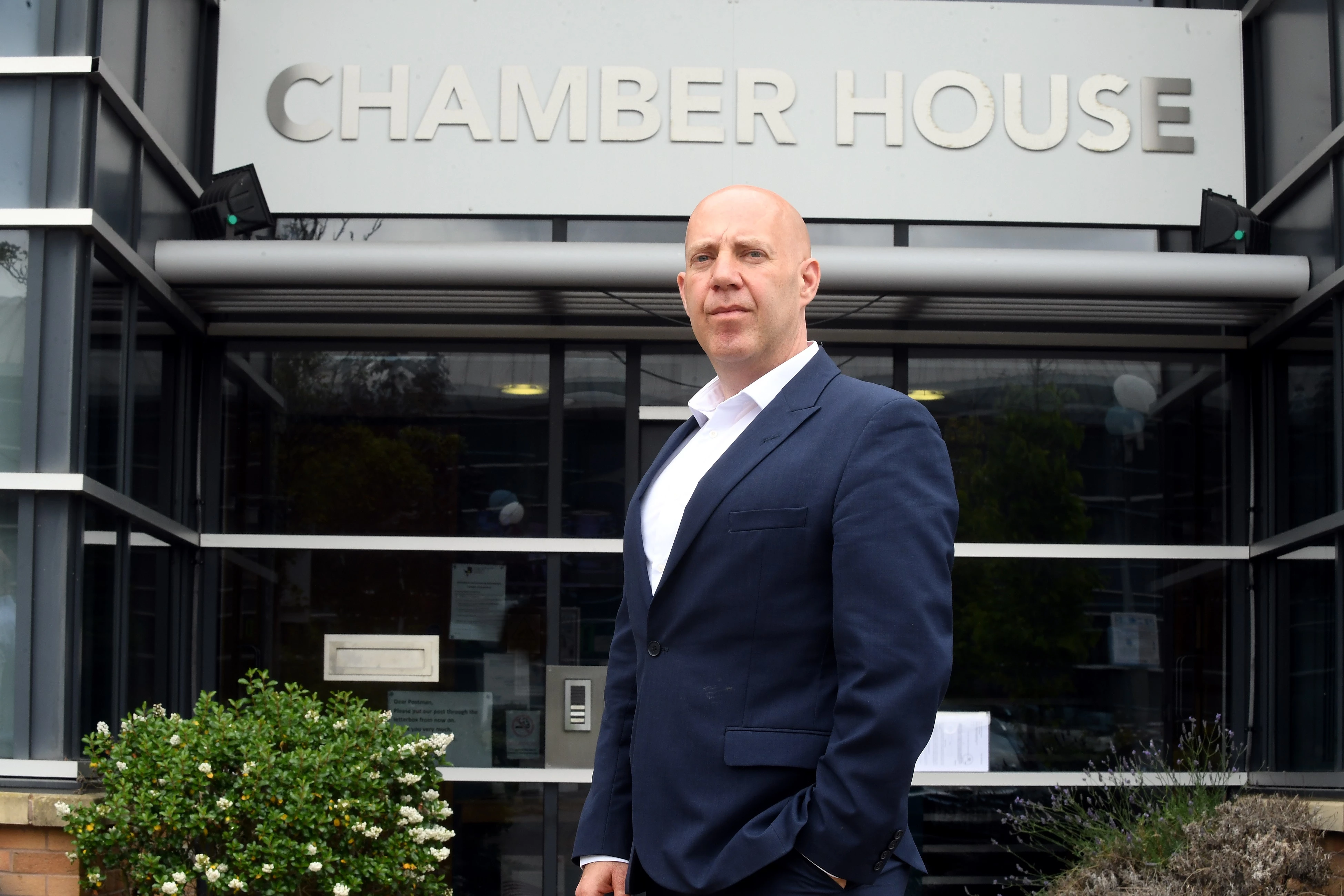
Partner Article
Chamber reacts as unemployment drops unexpectedly
Business leaders in Coventry and Warwickshire say the latest unemployment figures show just how hard it has become for firms to hire staff.
The unemployment rate dropped to 3.8 per cent in the three months to April from 3.9 per cent, with the number of people in work at an all-time high.
Corin Crane, Chief Executive of the Coventry and Warwickshire Chamber of Commerce, said the latest figures are positive in one respect – but highlight one of businesses’ biggest headaches.
He said: “If you think back a couple of years ago, there were expectations that the unemployment rate would go through the roof due to the Covid-19 pandemic but, thankfully, that hasn’t happened.
“However, the tightness of the labour market is a massive issue for companies across Coventry and Warwickshire that want to grow but just can’t get the staff to do so. “I speak to companies on a daily basis who have got orders or opportunities that they are having to bypass because they haven’t got the people with the right skills to be able to deliver. That’s just not right and is damaging to our economy.
“We have done a big piece of work in this region on the Local Skills Improvement Plan (LSIP) and that has drawn out lots of information from businesses on this topic, but the LSIP is going to be looking at longer term solutions.
“Right now, businesses need to be able to access skills – whether that is from those people who have left the labour market and may need encouragement to return or whether it is from overseas through a more flexible system.”
Jane Gratton, Head of People Policy at the British Chambers of Commerce, said: “While it is positive to see unemployment remaining low, the labour market continues to be incredibly tight, bringing with it additional problems and costs for employers.
“Staff shortages continue to damage productivity, with many firms struggling to fulfil their order books and turning away new business. Fierce competition for skills, wage demands and candidates’ expectations leave many businesses with job vacancies they can’t fill. Together with broader inflationary pressures, it’s a perilous environment for business.
“The Government must support more people back into work and create the right conditions for employers to invest in staff training and development. Where firms cannot recruit and train from their local or national labour market, a flexible, efficient and affordable immigration system is crucial.”
This was posted in Bdaily's Members' News section by Matt Joyce .








 Navigating the messy middle of business growth
Navigating the messy middle of business growth
 We must make it easier to hire young people
We must make it easier to hire young people
 Why community-based care is key to NHS' future
Why community-based care is key to NHS' future
 Culture, confidence and creativity in the North East
Culture, confidence and creativity in the North East
 Putting in the groundwork to boost skills
Putting in the groundwork to boost skills
 £100,000 milestone drives forward STEM work
£100,000 milestone drives forward STEM work
 Restoring confidence for the economic road ahead
Restoring confidence for the economic road ahead
 Ready to scale? Buy-and-build offers opportunity
Ready to scale? Buy-and-build offers opportunity
 When will our regional economy grow?
When will our regional economy grow?
 Creating a thriving North East construction sector
Creating a thriving North East construction sector
 Why investors are still backing the North East
Why investors are still backing the North East
 Time to stop risking Britain’s family businesses
Time to stop risking Britain’s family businesses